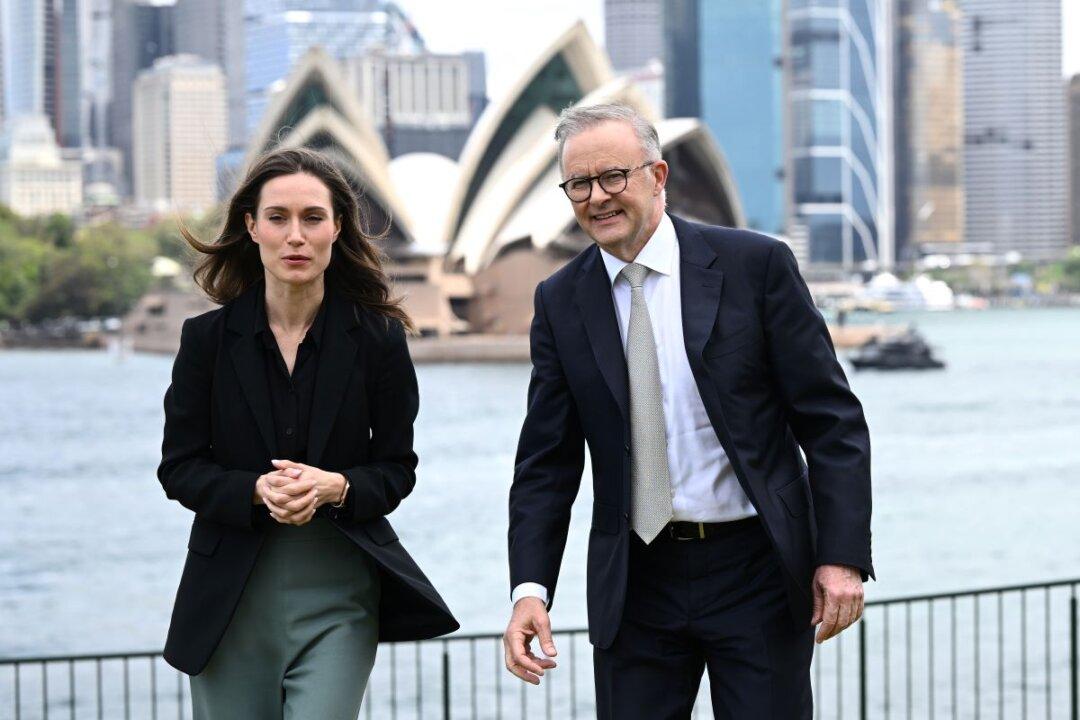Finland is seeking stronger bilateral relations with Australia, with Finnish Prime Minister Sanna Marin calling for the two nations to join their common lifelines and increase cooperation.
Marin is the first Finnish leader to have visited Australia.

Finland is seeking stronger bilateral relations with Australia, with Finnish Prime Minister Sanna Marin calling for the two nations to join their common lifelines and increase cooperation.
Marin is the first Finnish leader to have visited Australia.